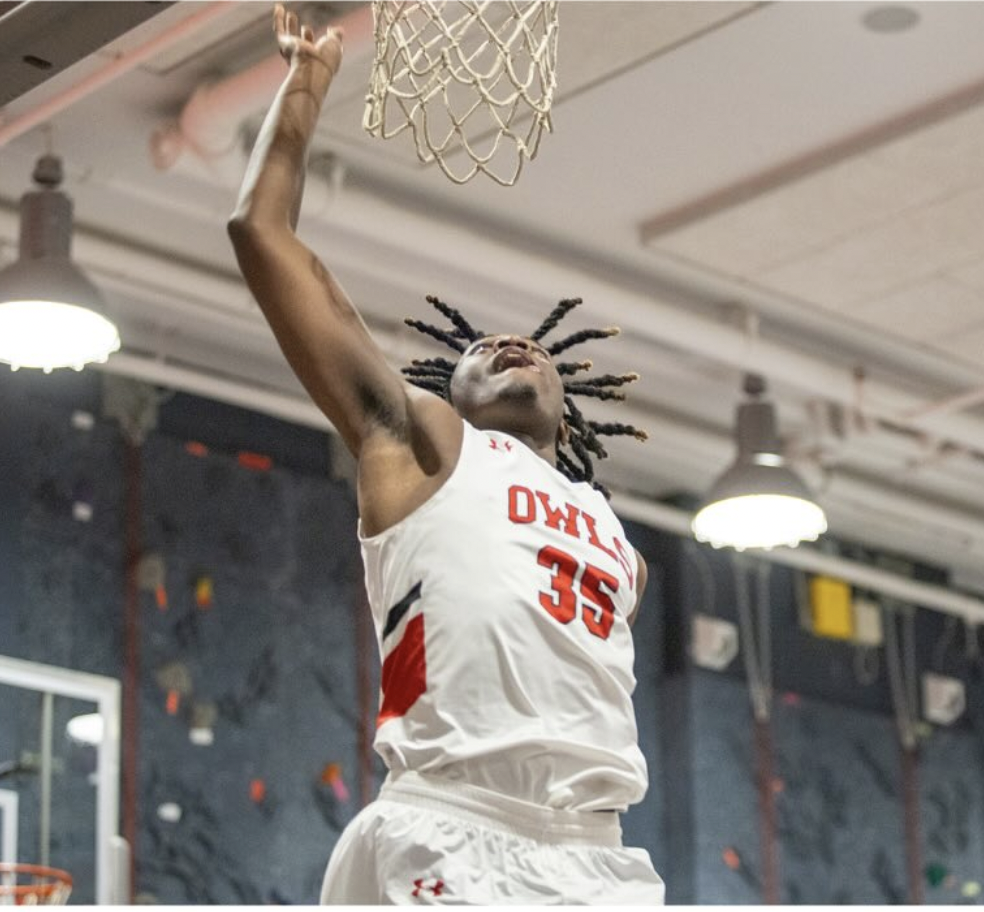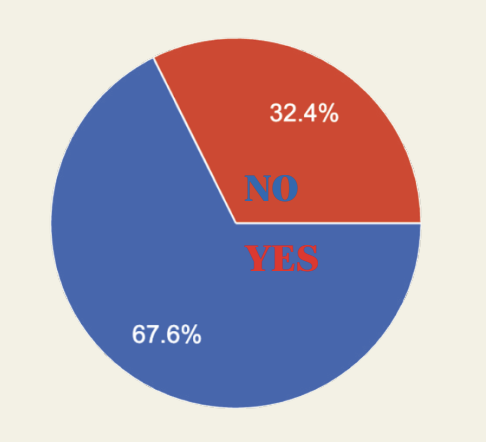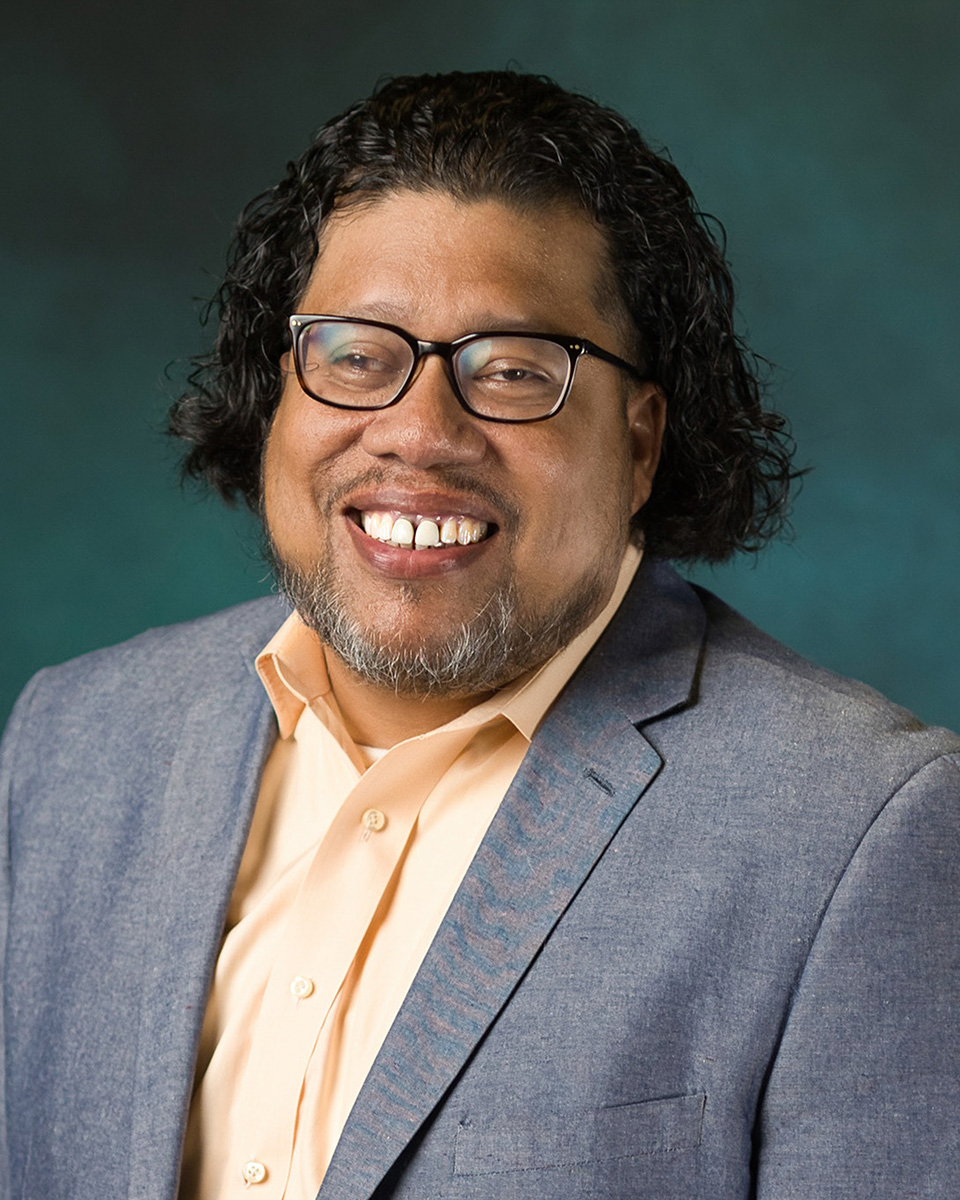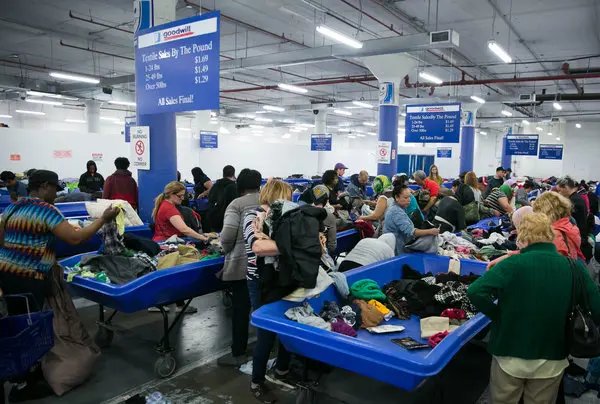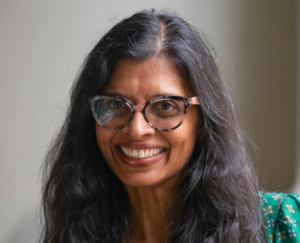Students reflect on widespread buying campaigns, democratization of stock market
The Co-Leaders of the Stock Investing Club reflect on the growing accessibility of the stock market, the investing app “Robinhood,” and controversial buying campaigns that took place in January.
April 5, 2021
Online brokerage firms like “Robinhood” make trading stocks available to anyone age 18 and up with money and a stomach for risk. These investing apps made possible widespread buying campaigns that rattled the world of finance in January.
Friends Seminary students shared their perspective on these widespread buying campaigns, shedding light on the market and illuminating the opinions of a younger generation that grew up during the financial crisis and became active participants in the digital world. The recent buying campaigns have revolutionized how stocks are traded, but the response from the established investing community has called into question how democratic the market is, or can become.
Graham Hall ‘22, who co-leads the Stock Investing Club, argued that the buying movements had informal origins that quickly transformed once the buyers realized their power within the markets.
“[The mass purchasing movements] started out as a joke,” he said. “Then people realized they could start doing this to get back at hedge funds.”
Alexander Nathanson ‘21, the co-head of the Friends Seminary Stock Investing Club, said the democratization of trading is a necessary counterbalance to large corporations and investment firms.
“I believe that [the digital organization and mass purchasing movements] are actually quite a good thing. I think that we’ve seen a lot of these huge hedge funds [go] sort of unchecked and challenged within the market,” Nathanson said.
While Nathanson doesn’t consider short-term betting sustainable, he argued that it may pose a substantial challenge to long-term investors.
“In terms of the long-term effects, I don’t see the constant practice of choosing the stock of the week to invest in as being a sustainable goal,” he said. “But this new sort of conglomerate group, both in terms of influence and in terms of funds and in terms of coordination serves as a real sort of challenge long-term [to] investors who really want to make huge gambles.”
In response to the rocketing value of Gamestop, AMC, and Nokia, so-called “meme-stocks,” many online brokerage firms limited their users’ ability to purchase the stocks. They imposed minimum requirements for the amount of stock traded per order and in some instances placed restrictions on their user’s ability to purchase the volatile stocks – which incur greater fluctuations in their value and risk.
One reason for these restrictions is said to be the collateral deposits that brokerage firms are required to provide up-front to their “clearinghouse” – the firm that processes the settlement of each transaction. Collateral deposits are up-front deposits that protect against the risk that a party in the transaction will fail to fulfill their obligation to provide cash or stock.
The clearinghouse is responsible for “clearing” and “settling” every trade; in essence, this means that they are responsible for ensuring that after each transaction the purchased shares are delivered to the buyer and cash is delivered to the seller. To protect against risk if any party in the transaction fails to meet their obligations, the clearinghouse requires brokers to keep a sum of money – a collateral deposit – at the clearinghouse at all times, as a sort of insurance fund.
When particularly volatile stocks – such as Gamestop and AMC – are traded in concentrated, high volumes, the clearinghouses may require increases in the collateral provided by a brokerage firm. Robinhood said in February that the amount of money required of them by the clearinghouse increased tenfold.
Jim Swartwout, President and Chief Operating Officer of Robinhood explained, “to say the overnight increases in volume Robinhood experienced [in February] were extraordinarily high would be a vast understatement. The surge was magnitudes higher than the norm.” When a firm like Robinhood is in danger of having insufficient funds to meet the clearing house’s requirements, the firm may restrict the volatile trading so that their clearinghouse deposits decrease.
Another theory suggests that Wall Street hedge funds with large short positions – bets that a given stock will perform poorly over time – in those stocks that skyrocketed pulled strings to impose restrictions, allegedly preserving their own positions at the expense of the retail investor. While these claims are unsubstantiated, the Securities and Exchange Commission has launched an investigation into the events that transpired in January.
With regards to the power and leverage of Wall Street hedge funds, Nathanson reflected on how large hedge funds can ability affect other smaller investors. If “campaigns to paint a false narrative about a certain stock” it can artificially alter a stock’s price in favor of the hedge fund’s position, he said. As an example, Nathanson explained a manipulation tactic called a “fake out,” which entails “pulling money out of a stock very quickly to lower the price and sort of panic people, and then putting a lot of money back into it at a slightly lower price.”
Hall considered the response by the broker-dealers an attack against the freedom of markets.
“Basically, to me, it just seems illegal,” Hall said. “Like, [Robinhood’s restrictions] only benefit one group, […] it doesn’t seem fair.”
Much remains unknown about the events that transpired in January. The co-leaders of the Stock Investing Club think outside market manipulation is a plausible explanation for the Robinhood purchasing restrictions, and one that would reveal a so-called ‘free market’ to be riddled with inequities stemming from the very top.
“You have to let the people control the market,” Hall said. Whether his hope will become the future of investing is uncertain as the market itself.




